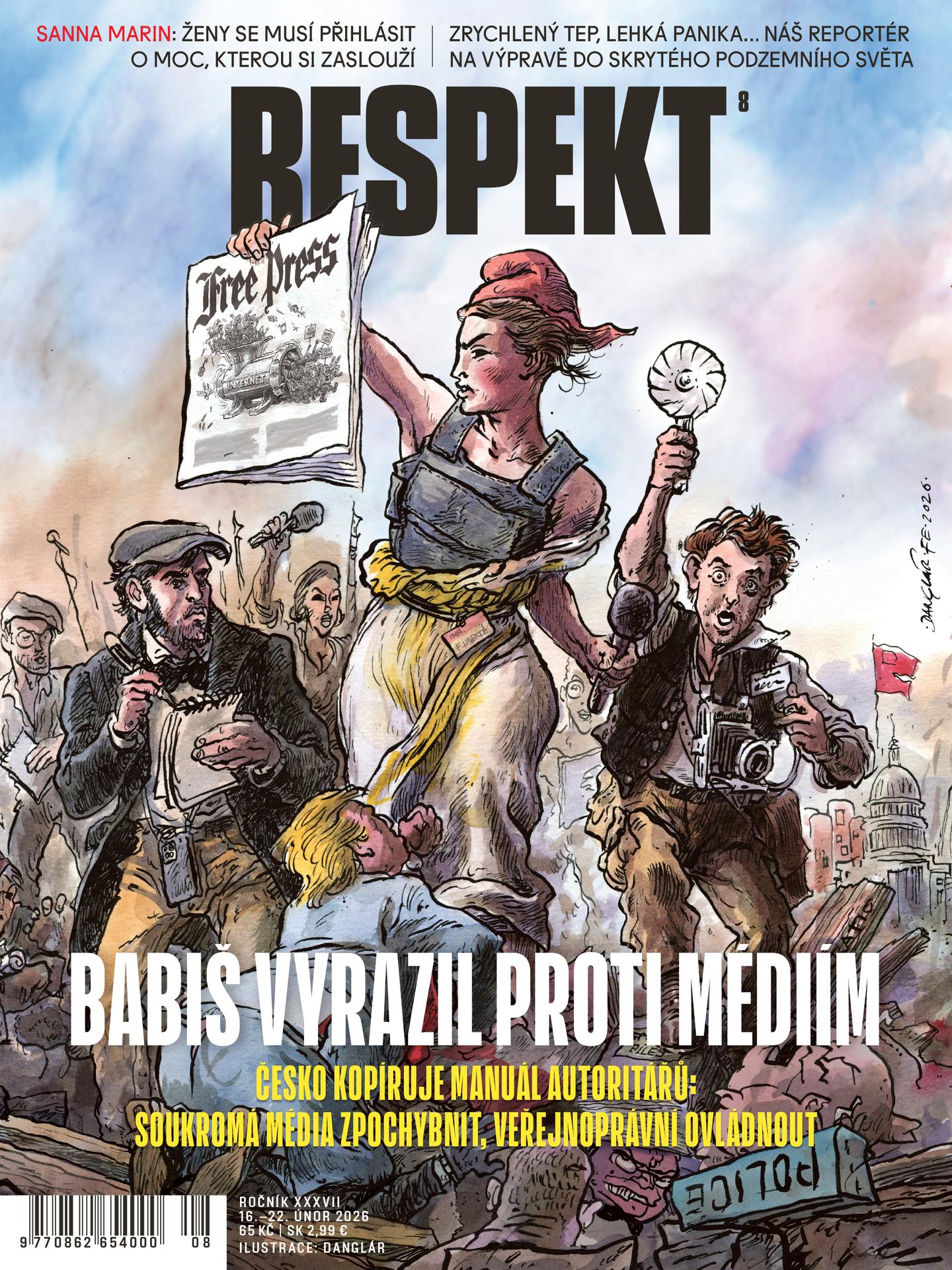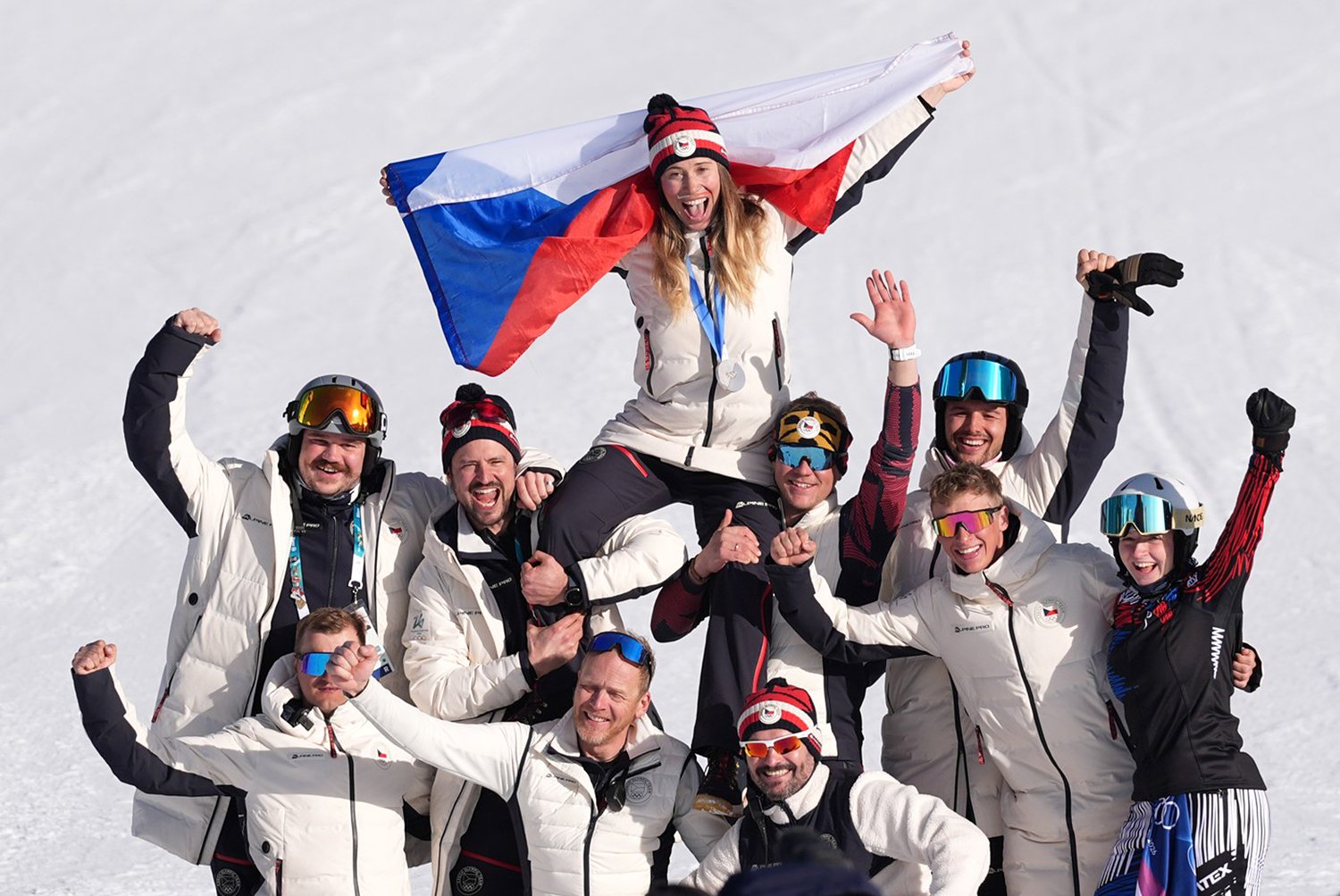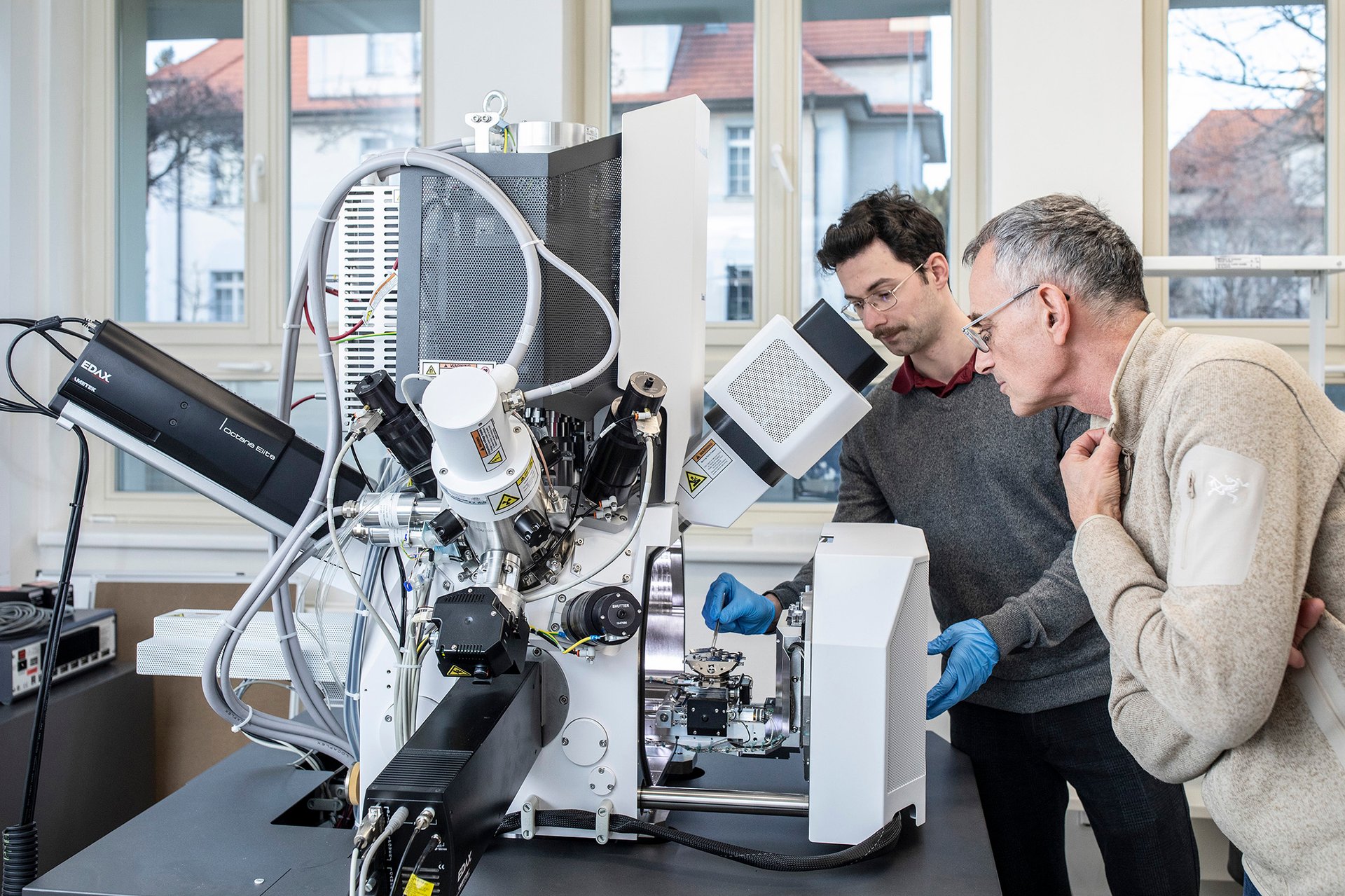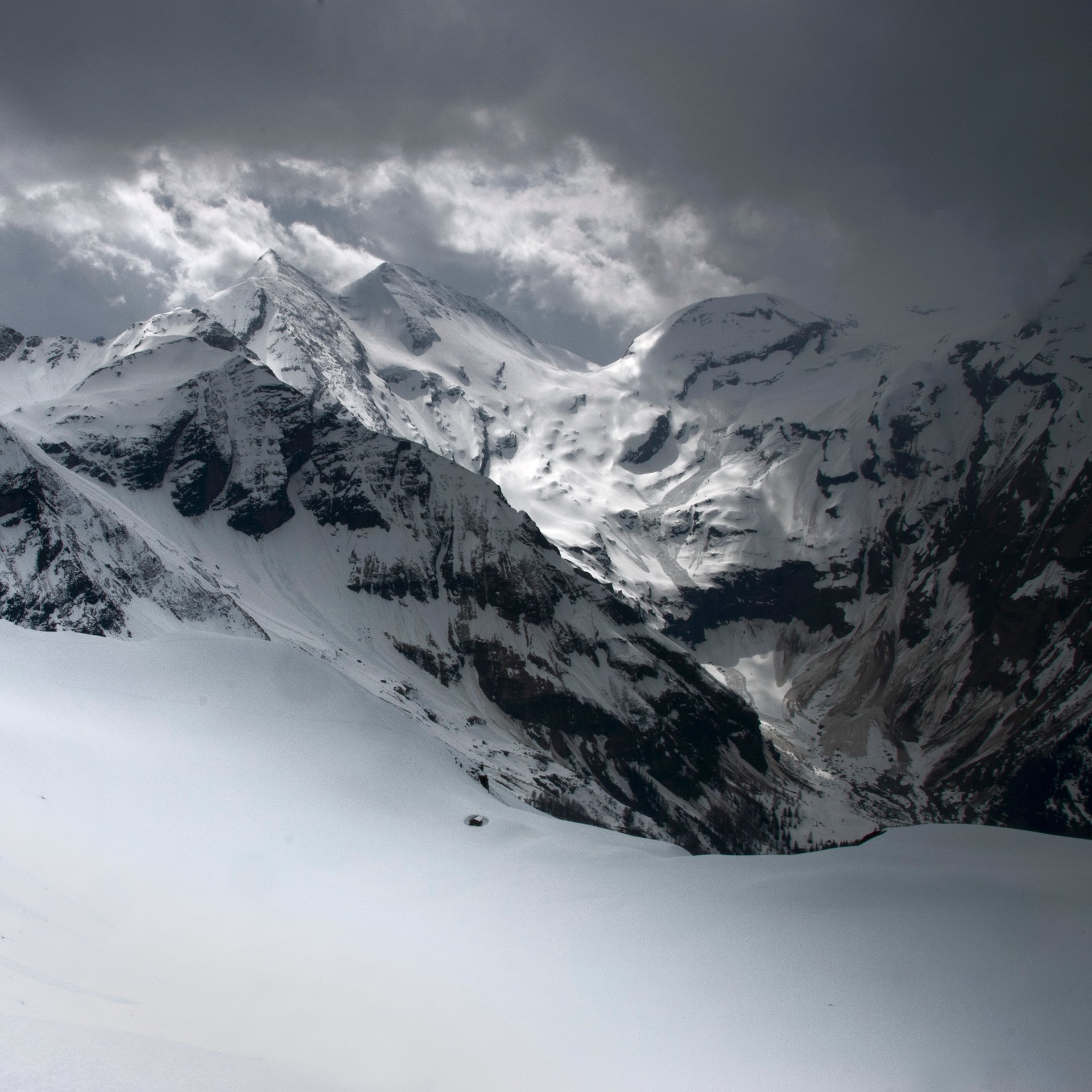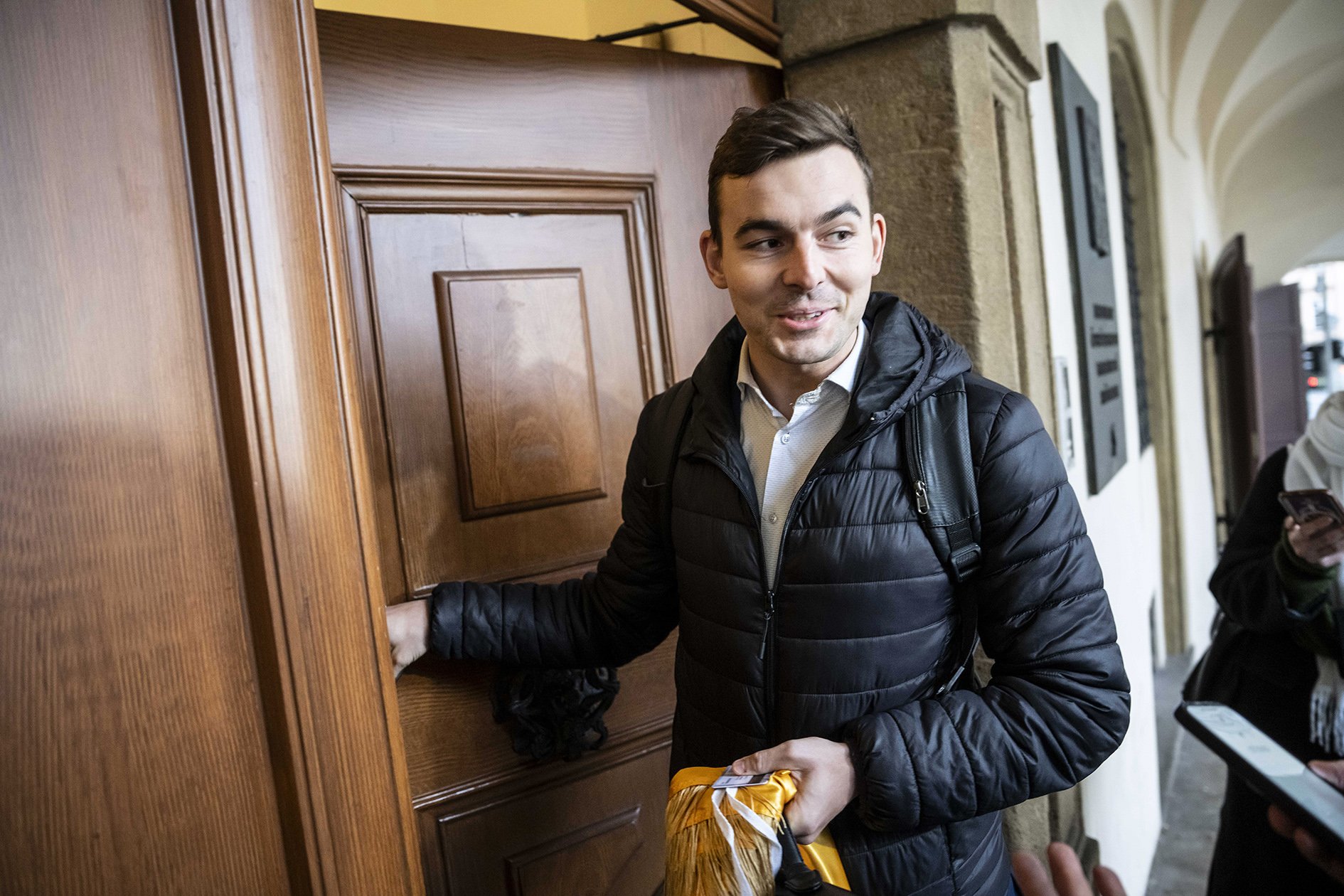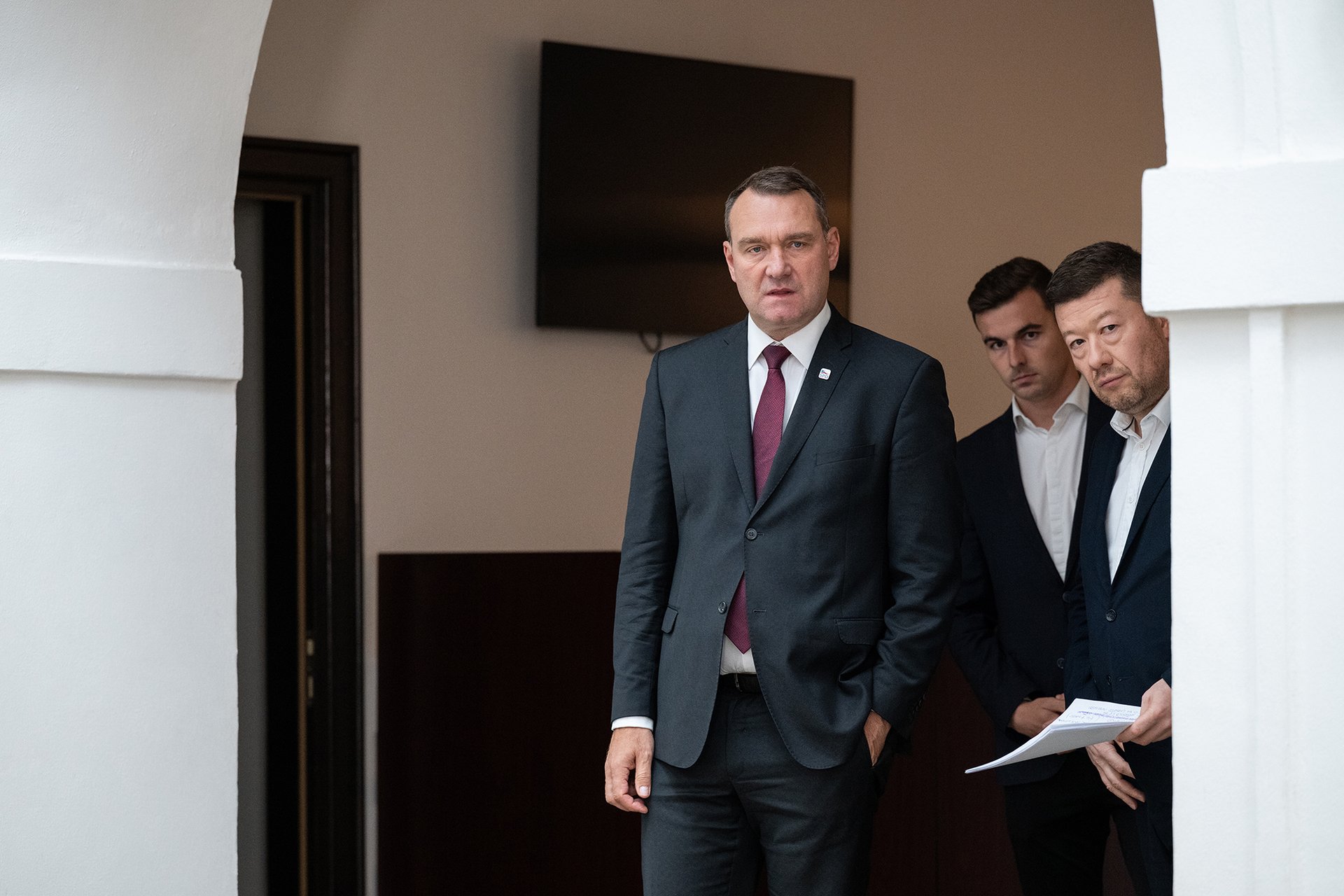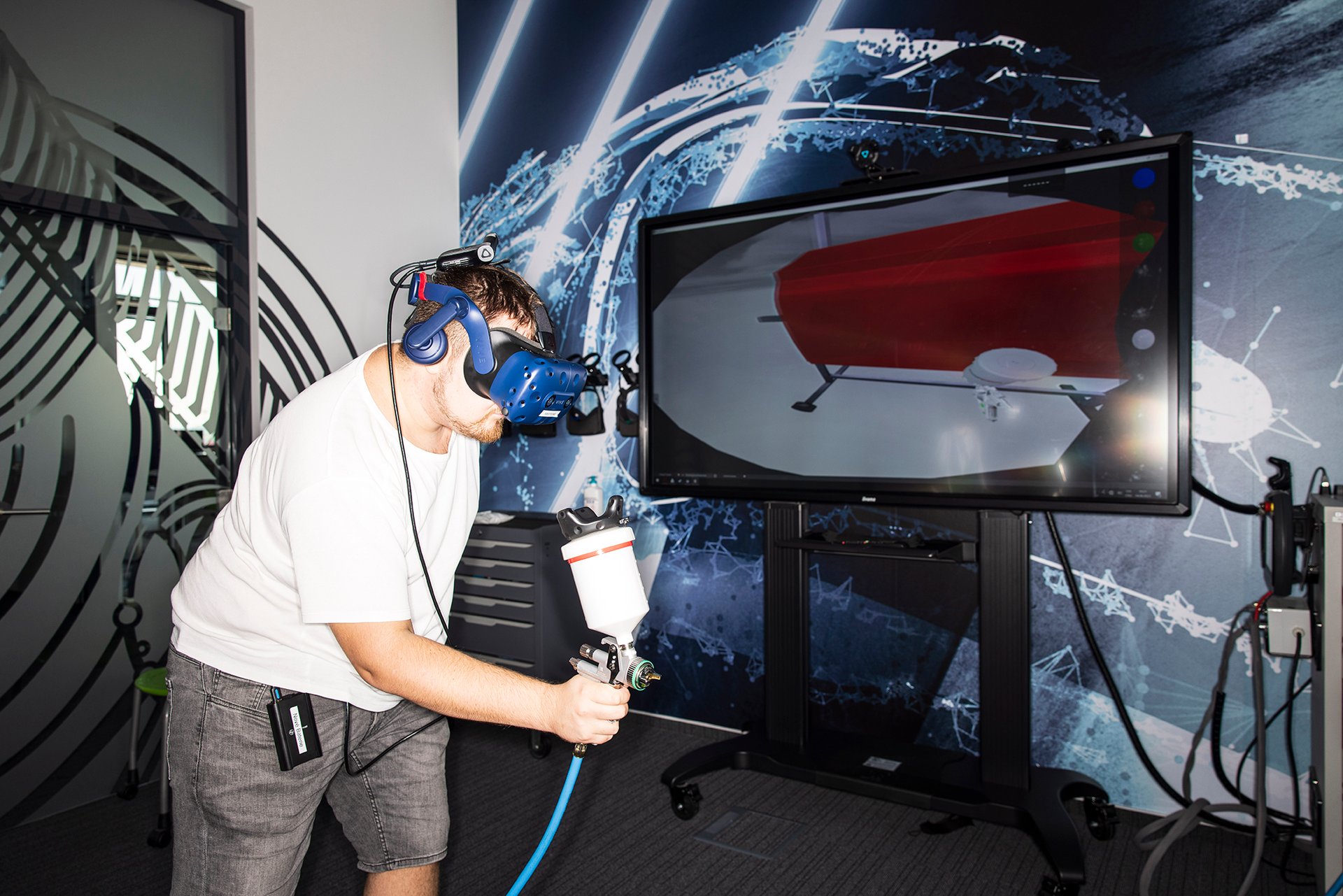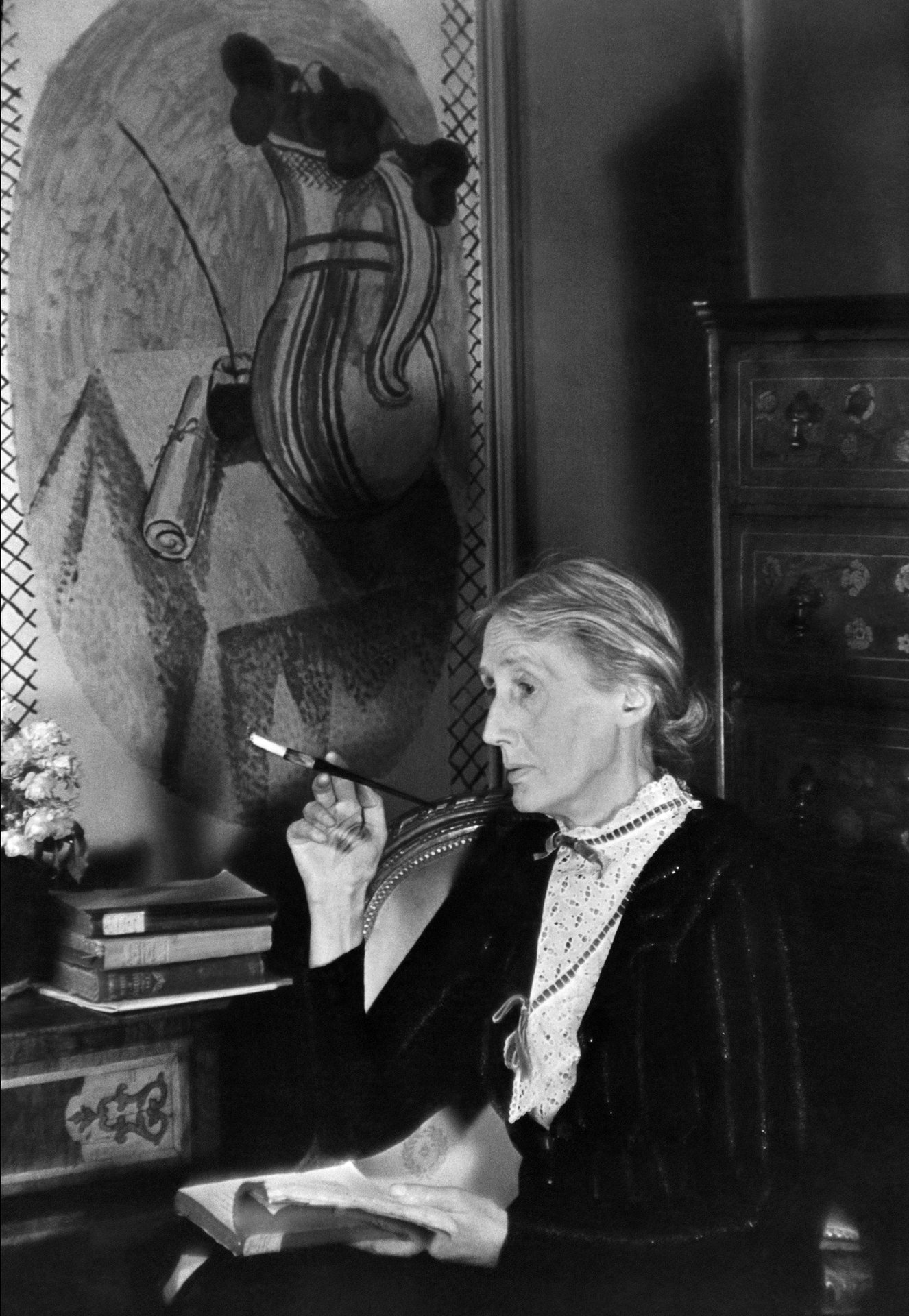From One Extreme to Another
The banning of a debate on the “danger of Islamization” raises questions about academic freedoms

The hall was booked and student David Rektorys was eager to hold the long-awaited debate, which would certainly be a lively one. He and his fellow students at Prague's University of Economics (Vysoká škola ekonomická - VŠE) had decided to add a bit of excitement to an otherwise quiet academic year by holding debates on controversial issues. They prepared a series of discussions, the first of which was called The Danger of the Islamization of the Czech Republic. It should have taken place on October 3 but it didn't.
Only a few hours before the debate was to start, the university staff called David Rektorys to tell him the debate couldn't take place. The reason? The panel's guests were harsh critics of Islam and Muslims. The school’s management had judged that the debate wouldn't be held in an objective manner and could incite anti-religious feelings, so they decided to ban the event.


The students couldn't find an alternative venue for the panel so they cancelled it at the last minute, which made them angry. Political correctness had again triumphed over freedom of speech, they said. According to the students, freedom of speech should be given the highest priority in the academic realm. The advocates of the ban, on the other hand, praise the school for not giving its blessing to one-sided anti-Muslim propaganda.
„I admit that we selected our guests with some biases,“ says Rektorys. „Blame our lack of experience.“ His student group, Cashflow, had previously organized debates solely on issues relating to financial investments. Topics other than economics were new territory for him and his fellow students. One of the guests was to be Roman Joch, who was chosen because he had warned against „the radical wing of European Muslims“. Joch also claims Europe should adopt tough counter-measures against radical Muslims.
Whom to invite
Rektorys and his friends had no idea who else to invite for the debate, so Rektorys searched the internet for the others. There he came across Valentin Kusák, an anti-Islamic activist and a campaigner against the construction of mosques in the Czech Republic.
Kusák recommended two more guests: former Muslim convert Béatrici Radosa and Islam „expert“ Martin Konvička of the South Bohemian University (Jihočeská univerzita). Konvička appeared to have only lay knowledge of the subject; being an entomologist, he only studied Islam as a hobby. Kusák and Radosa regard every Muslim in the world as very dangerous. Despite this, Rektorys didn't find their views extreme enough to warrant finding panelists with alternative viewpoints. Rather than scientific accuracy, he admits he was looking for strong opinions. „The audience could have been the ones who could have opposed [them],“ he argues.
The suggestion of anti-Islamic propaganda within the academic world has provoked anger. Bronislav Ostřanský, a scholar of Oriental Studies at the Academy of Sciences of the Czech Republic (Akademie věd ČR) wrote a letter of protest addressed to the VŠE rector. The letter warns against „inciting hatred with the help of demagoguery“ in Czech universities. „All these people do is attack the Muslim world aggressively, which shouldn't be allowed by a university,“ Ostřanský writes. Savina Finardi, VŠE's coordinator of university activities, agreed with Ostřanský and, after consulting with the school's management, the debate was banned.
Just to be cautious
It is the first time Finardi has been forced to take such a measure. She herself admits the ban was on the fringes of legitimacy. „A school shouldn't support a black-and-white perception of the world,“ she says, explaining why she opted for the ban.
Most Czech universities take a cautious approach when dealing with similar matters. Ten years ago, the Faculty of Philosophy at Charles University in Prague withdrew seminars on extremism because the lecturer invited representatives of anarchists and right-wing extremists to talk to students. Czech schools also don't allow political representatives to attend debates in the run-up to elections, fearing one-sided political campaigns (despite the fact that in most Western countries politicians are given a platform in schools).
VŠE's decision to ban the debate on Islamization raises the eyebrows not only of anti-Islamic activists but of some students as well. Jiří Nantl, a former student representative who now heads the Education Ministry’s universities department, argues that the debate should have gone ahead. “The ban gives the impression of useless, preventive censorship,” says Nantl, who wrote a thesis on academic freedoms. The problem would be if the anti-Islamist activists were given a platform every month and there were no opponents. “One debate can’t be harmful,” he adds. “The audience would be adult and intelligent people.” David Rektorys is planning a new debate in November. To shake off accusations of being one-sided, this time he wants to invite a real expert on Islam.
Translated by Naďa Straková
Pokud jste v článku našli chybu, napište nám prosím na [email protected].

